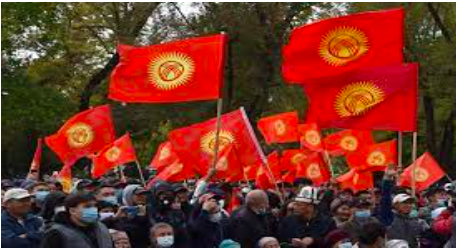Legacy of Kindness
Posted on : August 26, 2019Author : AGA Admin

During World War II Poland was torn apart by destructive Nazi forces, her people held captive in concentration camps and thousands of children left orphaned. The Soviet atrocities in Eastern Poland also led to mass arrests and massacres and the displacement and enslavement of the civilian population. When Russia joined the Allied powers in 1941, many Polish deportees were released but as many men joined the army, thousands of women and children were forced to migrate out to other countries one of which was India. When the Polish migrants docked in Mumbai, the British government refused to accept the refugees. Maharaja Digvijaysinhji of Nawanagar also known as ‘Jamji’ extended his hospitality and ordered the ship to dock at Rosi port in his province. The children were set up in tented accommodations, while the Maharaja set about building the Balachadi camp, located near his summer palace and 25 km away from the capital city of Jamnagar. Facing severe objections from the British government for taking in foreign refugees, the Maharaja proudly claimed they were part of his family, even going so far as to provide the government with adoption certificates for them. It is estimated that his efforts saved the lives of more than 640 women and children refugees. The settlement at Balachadi was exclusively for the children where they were provided with housing, education and medical facilities. They were also free to use Jam Saheb’s gardens, squash courts and pool. Most significantly the preservation of Polish culture and tradition was greatly prioritized. As scouting and Church—institutions integral to Polish life were encouraged, slowly “Little Poland” took shape in Balachadi. Even decades later, Jam Saheb is considered a Polish hero who was posthumously awarded the Commander’s Cross of the Order of Merit, one of the Highest Honours of Poland. His memory has been well preserved in the heart of Warsaw as Square of the Good Maharaja ( Skwer Dobergo Maharadzy) and close to it is one of Warsaw’s foremost private schools—the Maharaja Jam Saheb Digvijaysinhji High School. As years earlier the Maharaja had practiced the ancient Sanskrit philosophy vasudhaiva kutumbakam, similarly decades later his legacy of kindness has been kept alive by the ‘refugee’ children themselves, who despite mostly being in their eighties continue to make trips to Balachadi and the Warsaw school also lives by his example by admitting children of political refugees and migrants from difficult socio-economic conditions.




